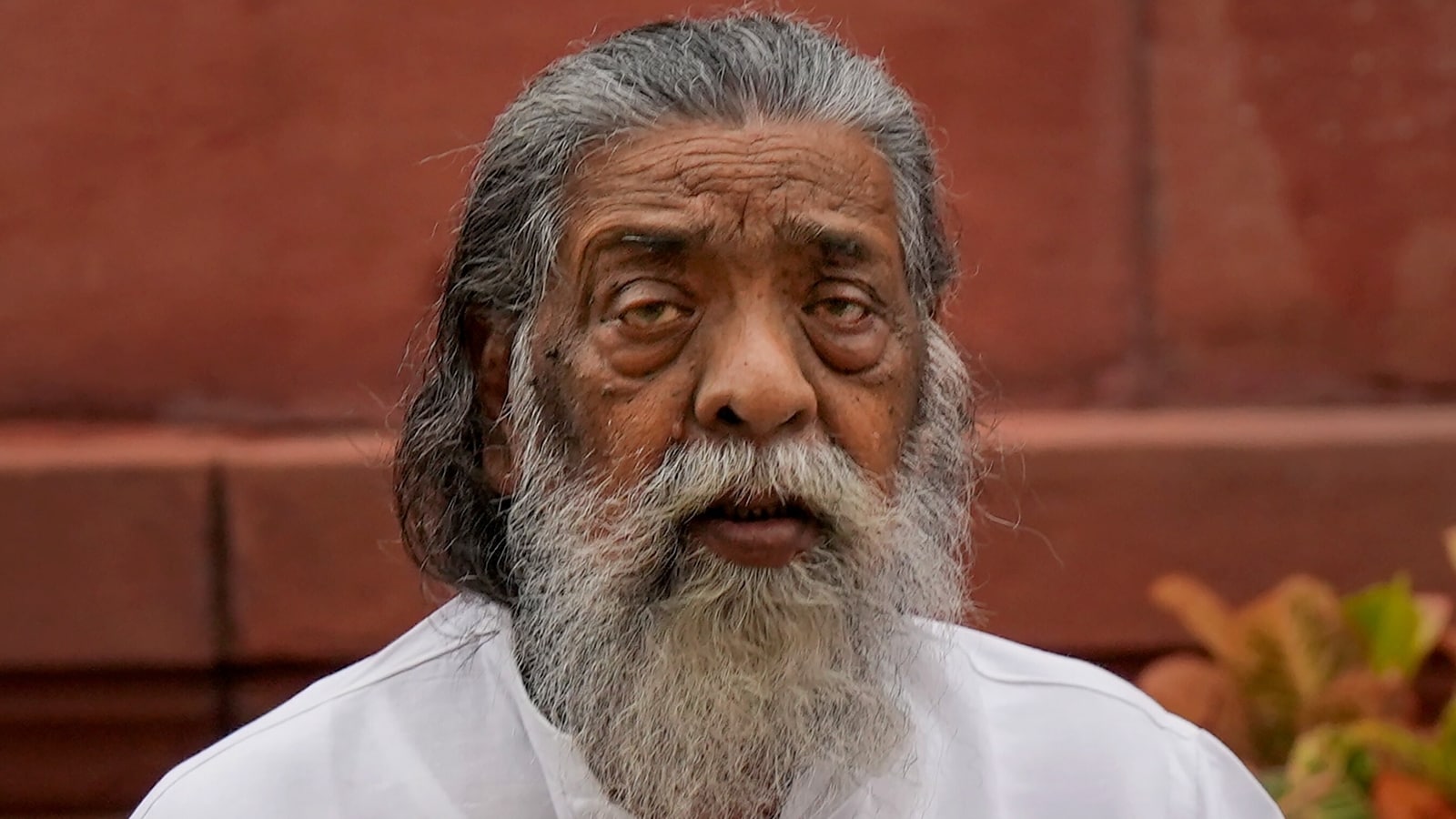Jharkhand would be celebrating 20th anniversary of its formation on November 15. Demand for a separate state from Bihar was fulfilled and Jharkhand came into being on 15th November 2000 as the 28th State of the Union. A homeland of tribals who had dreamed of a separate state for a long time, Jharkhand Mukti Morcha started a regular agitation which impelled the government to establish the Jharkhand Area Autonomous Council in 1995 and then a full-fledged State. Demand for the formation of the state was largely centred around regional pride and identity. Jharkhand has 26.21% tribal population.
But as the 20th Anniversary date approaches, a question still remains unanswered – has development come to Jharkhand – has the very reason for its formation been fulfilled? Jharkhand was formed with those demanding a new state stating that tribals were neglected. A case of growing Naxalism had been seen in the region due to exploitation of the tribals and it was thought that a new state with dedicated resources would bring in development and hence curb Naxalism. But reality has been far from it. With focus on mining, real estate and construction, lands were taken away from farmers, tribal and poor and given to industries, thereby undermining the ones in the name of whose development, the state was created.
Absence of a blueprint or a roadmap hurt the state. Though funds from the Centre came directly and decisions were made in Ranchi and not Patna, there was an increase in employment and more resources readily available for projects, royalty from mining received directly, few industries established but the state could not quite fulfill the hopes and aspirations of the citizens. That Jharkhand was politically unstable did not help matters. Jharkhand would definitely benefit from a stable government and more coordination between centre and state governments. There will be conflicts and governments and their policies will pass or fail. Policies and schemes addressing long-term needs of people will need to be formed. Governments with an eye and mission to work for next generations and not just the next election will benefit the state in the long term.





